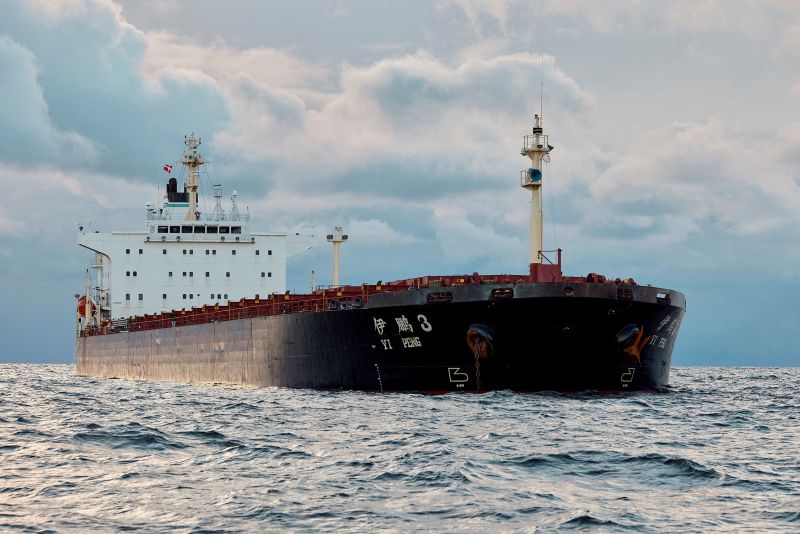Sweden’s request for cooperation from China in the investigation of the Baltic Sea submarine cable incident is a significant development that underscores the importance of international collaboration in upholding cybersecurity and protecting vital infrastructure. The incident, which occurred in 2021, involved the severing of undersea cables connecting Sweden to its European neighbors, disrupting communication and causing economic losses.
The involvement of Chinese vessels near the area where the cables were damaged has raised suspicions and prompted Sweden to seek assistance from China to further investigate the matter. This request for cooperation reflects a recognition of the need for transparency and accountability in cybersecurity-related incidents, especially those that have the potential to impact critical infrastructure and national security.
The Baltic Sea region is of strategic importance geopolitically, and any disruptions to the undersea cables can have far-reaching consequences for the countries in the region. As such, it is imperative that all parties involved work together to uncover the truth behind the incident and prevent similar occurrences in the future.
Sweden’s proactive approach in reaching out to China for cooperation demonstrates a commitment to resolving the issue through diplomatic channels and establishing a framework for future collaboration on cybersecurity matters. By engaging with China, Sweden is signaling its willingness to address shared concerns and build trust in the realm of cybersecurity.
Cooperation between nations is essential in addressing the evolving cybersecurity threats in the digital age. By working together, countries can enhance their collective capabilities to detect, prevent, and respond to cyber incidents effectively. This shared responsibility underscores the interconnected nature of the digital landscape and the need for mutual support and assistance in safeguarding critical infrastructure.
In conclusion, Sweden’s call for cooperation with China in the investigation of the Baltic Sea cable incident is a positive step towards strengthening cybersecurity resilience and promoting international cooperation in the face of emerging threats. By fostering dialogue and collaboration, countries can better protect their interests and uphold the integrity of the global digital ecosystem. The outcome of this investigation will not only shed light on the specific incident but also set a precedent for future engagements in addressing cybersecurity challenges on a global scale.
